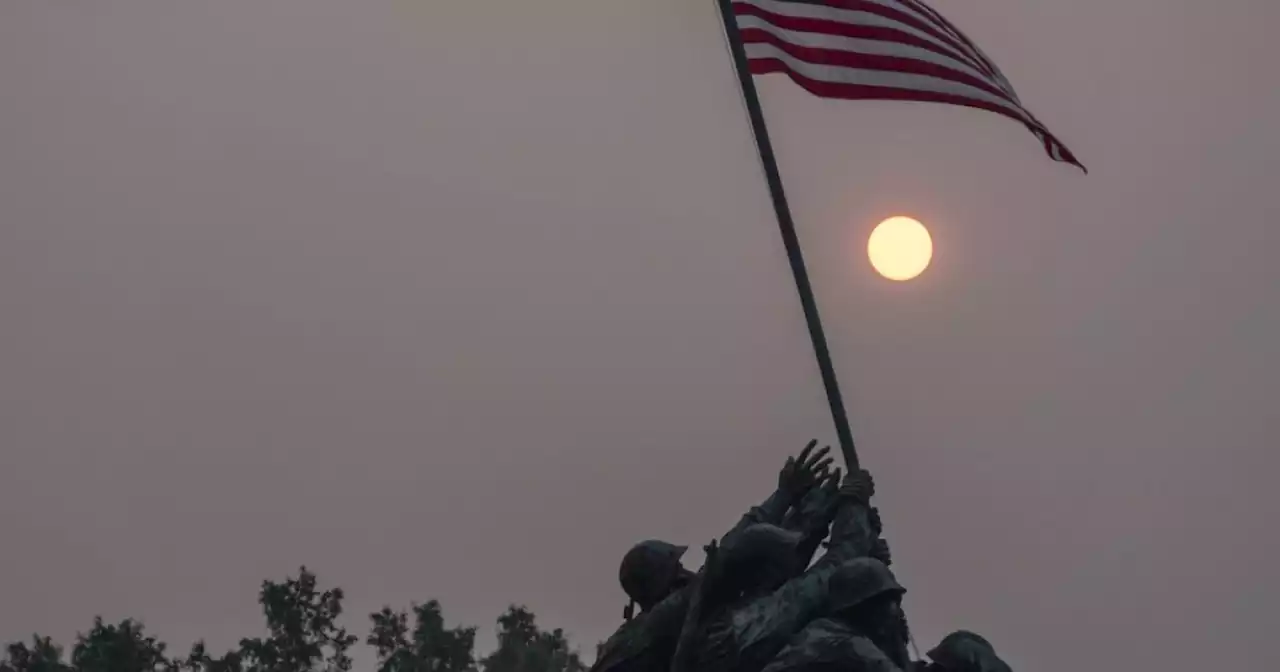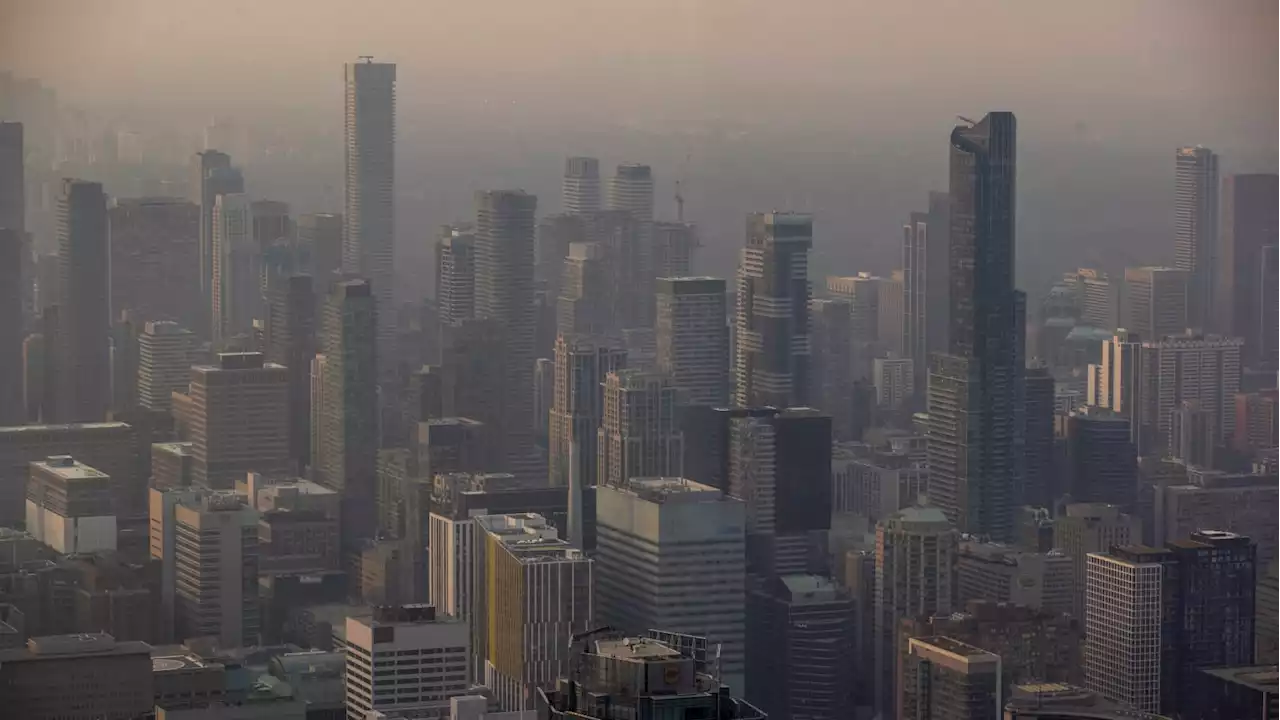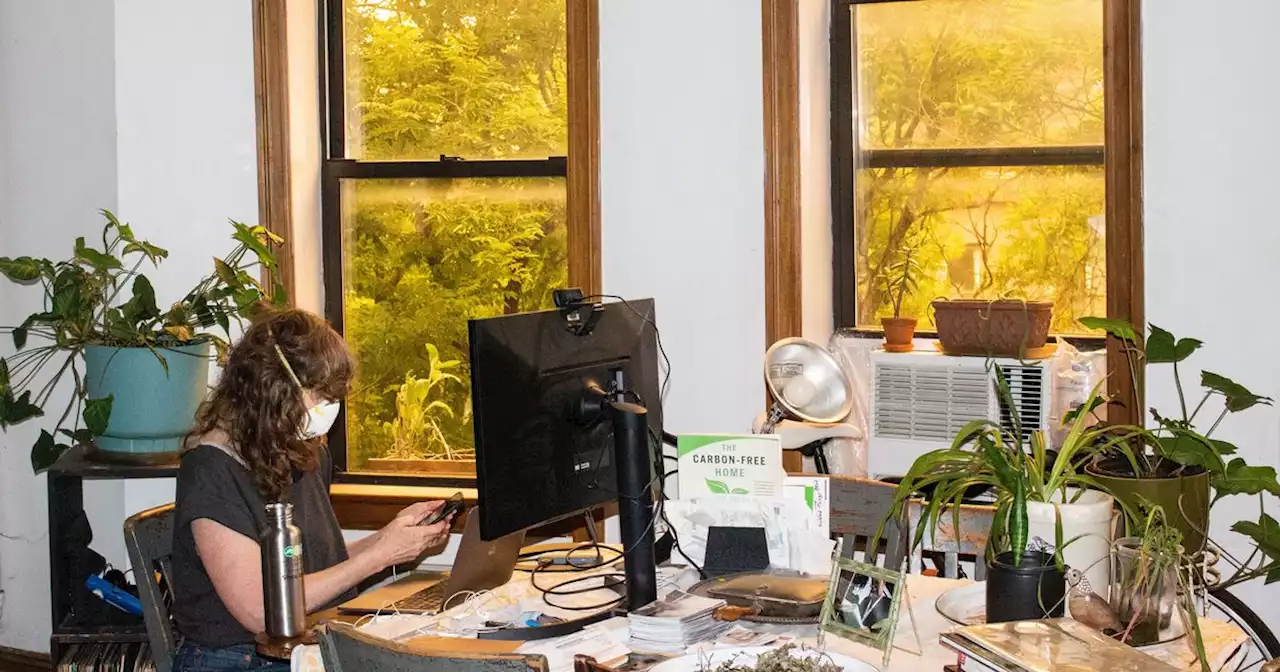We talked with forest-fire expert and journalist John Vaillant.
, which took place seven years ago, leaving behind destruction that, as Vaillant describes with eerie specificity, closely resembled the hypocenter of an atomic-bomb blast. As in his previous books, the narrative is by turns heart-racing and horrifying. But the story is not just about what happened to this one city.
Oh, just generally the advice that I’m sure all New Yorkers have heard. You know, stay inside, keep the windows closed, have some kind of air filter going. I think if you are not health-compromised, a few days of bad smoke is not going to have a lasting impact on you. That said, the men and women who were in Fort McMurray during that fire, in part because they were around so many burning houses and burning cars, they inhaled a lot of petrochemistry, and their lives are definitely compromised.
Exactly. I’m probably not the first person to say this, but we’re all downwind. We are all connected. It’s not just a California problem; it’s not just a Canada problem. We really are going to go through this impending future together. That’s why I wrotebecause I understood that these were stories from the near future, and these people had survived them and learned some really hard lessons that the rest of us haven’t been forced to learn yet.There’s a desperate bid to maintain the status quo.
The first “fire tornado” was identified and named in 2003. That happened outside of Canberra, Australia. The second one occurred in Redding, California, in 2018. I. It tore 100-foot, high-tension electricity pylons out of the ground. It tore cars in half. It threw F150s through the air, burned them down to the springs. It destroyed everything on alevel. It really looked like the aftermath of a nuclear blast. So … that’s new. Fire didn’t used to do that.
A theme here, and something that I think is hard for us to understand, but it’s actually simple, is we’re now crossing invisible thresholds. Think about your own body. If you raise the temperature of your body by one degree, you’re really gonna notice it. If you raise it by three degrees, you’re gonna have a full-on fever and you’re gonna probably be in bed. And if you raise it by five degrees, you’ll be dead.
United States Latest News, United States Headlines
Similar News:You can also read news stories similar to this one that we have collected from other news sources.
 Will Canada's higher-than-normal fire activity continue to impact US air quality this summer?Canadian officials paint a grim picture of 'higher-than-normal' fire activity the country is expecting through August.
Will Canada's higher-than-normal fire activity continue to impact US air quality this summer?Canadian officials paint a grim picture of 'higher-than-normal' fire activity the country is expecting through August.
Read more »
 Biden pledges help for Canada as wildfire smoke overwhelms Eastern USMore than 600 federal firefighters and other personnel are helping put out wildfires that erupted in Canada.
Biden pledges help for Canada as wildfire smoke overwhelms Eastern USMore than 600 federal firefighters and other personnel are helping put out wildfires that erupted in Canada.
Read more »
 Siemens Canada expands office space, hunts for new talent in SaskatoonChances are your smartphone, computer or car uses chips designed with software made in Saskatoon.
Siemens Canada expands office space, hunts for new talent in SaskatoonChances are your smartphone, computer or car uses chips designed with software made in Saskatoon.
Read more »
 Lionel Messi: Superstar could face Chicago Fire this fallThe news of Lionel Messi joining Major League Soccer made headlines across the globe — and the ripple effect hit Chicago. Messi potentially facing the Chicago Fire this fall at Soldier Field nearly doubled ticket sales in a matter of hours.
Lionel Messi: Superstar could face Chicago Fire this fallThe news of Lionel Messi joining Major League Soccer made headlines across the globe — and the ripple effect hit Chicago. Messi potentially facing the Chicago Fire this fall at Soldier Field nearly doubled ticket sales in a matter of hours.
Read more »
 No Ban on Campfires as Canada Turns on Politicians Over WildfiresBizarrely, Premier Doug Ford on Wednesday stopped short of announcing a fire ban—instead politely urging the public to avoid campfires.
No Ban on Campfires as Canada Turns on Politicians Over WildfiresBizarrely, Premier Doug Ford on Wednesday stopped short of announcing a fire ban—instead politely urging the public to avoid campfires.
Read more »
